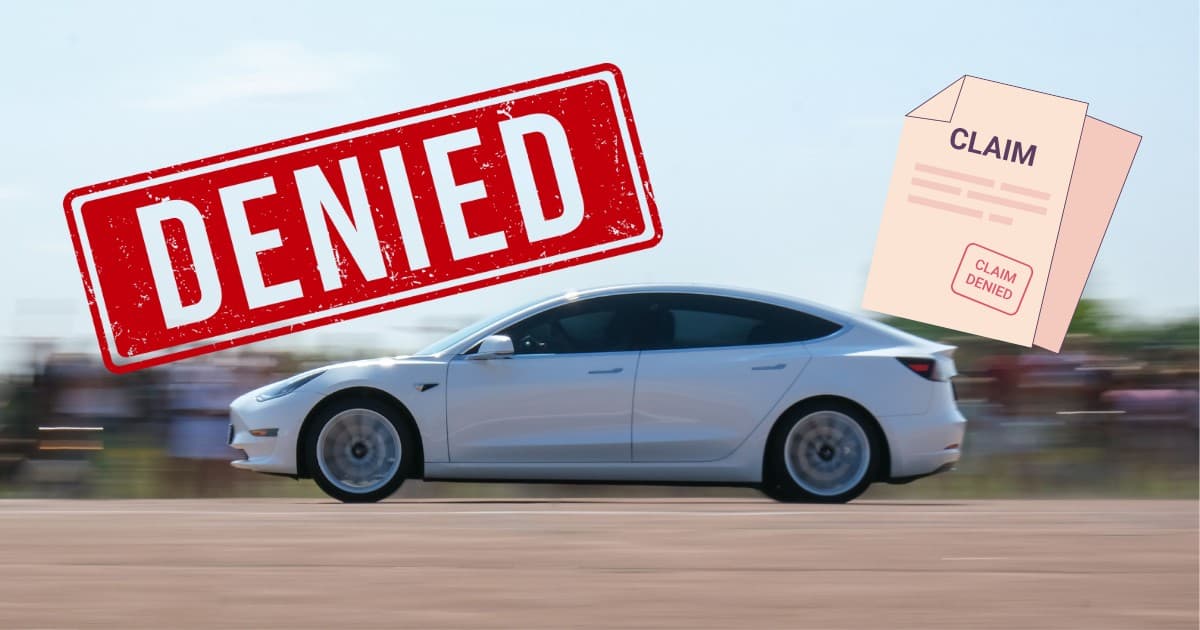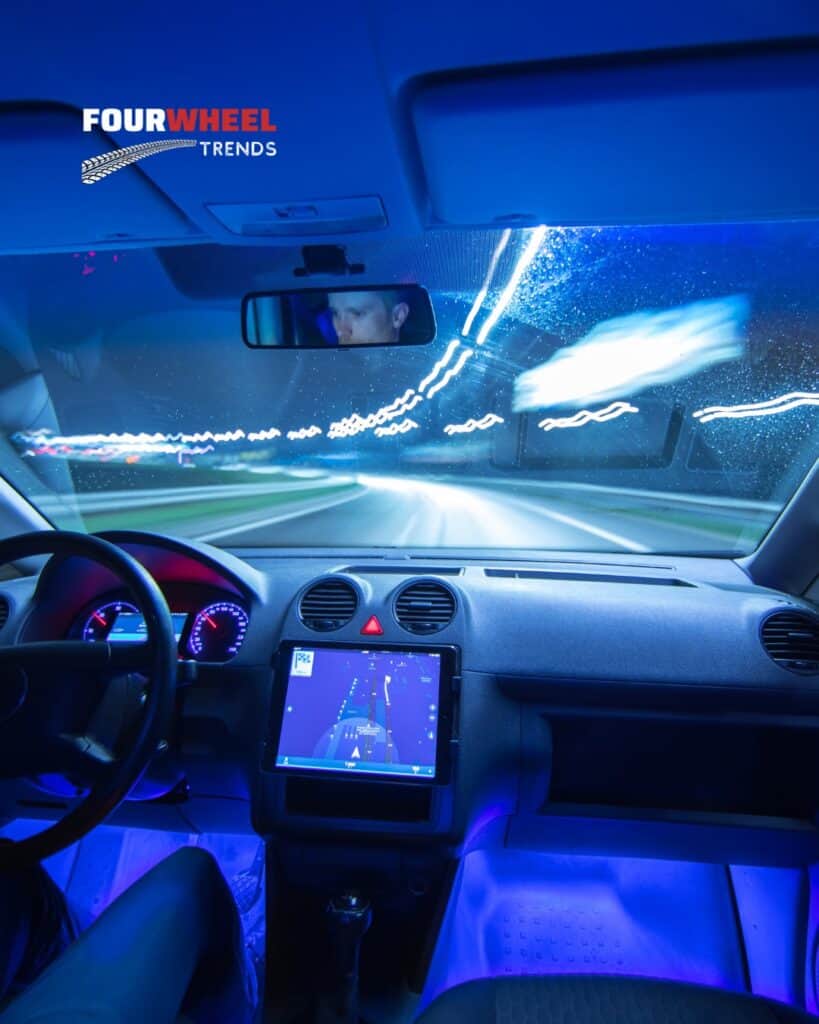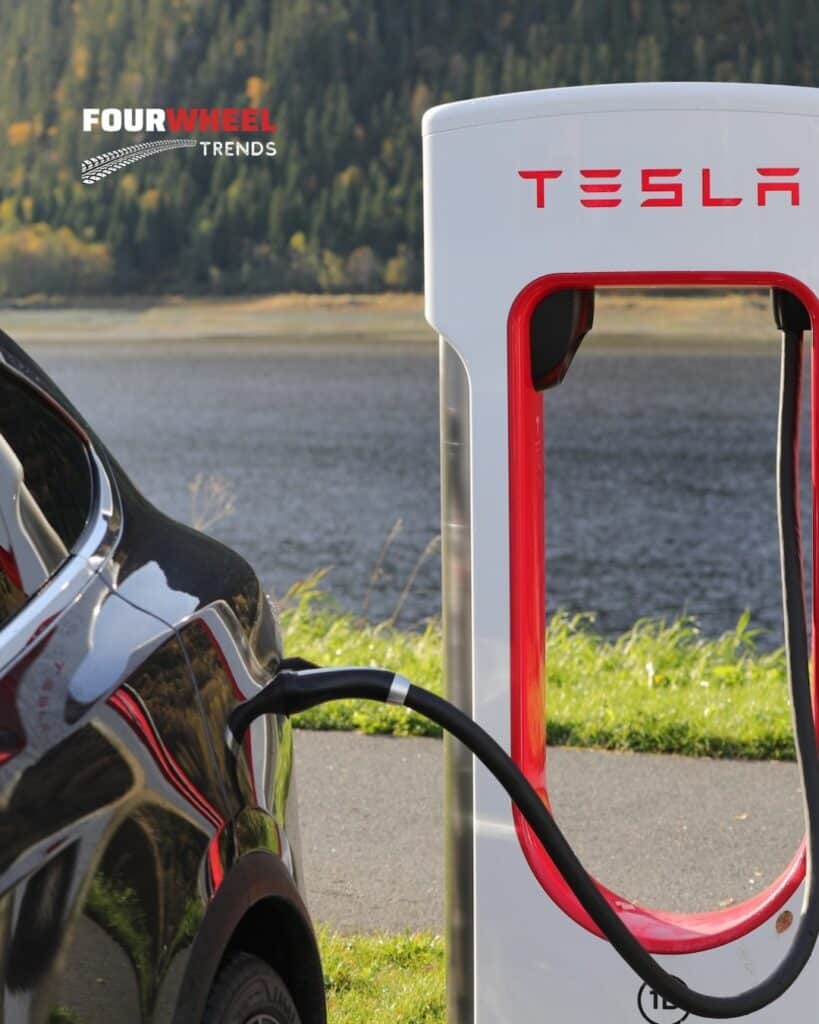Why Insurance Companies Are Dropping Teslas—And Why That’s a Bigger Problem Than You Think
If you own a Tesla, buckle up—because your insurance bill might be about to skyrocket. Some insurers are hiking premiums, while others are outright refusing to cover Teslas at all. Why? Because these sleek, tech-laden EVs are a nightmare to repair. But here’s the real kicker: This isn’t just a Tesla problem. It’s a warning sign for the future of car ownership as a whole.

The Tesla Premium: High-Tech, High Costs, High Risk
Let’s get one thing straight—Tesla isn’t the only car brand with expensive repairs. Luxury brands like BMW, Audi, and Mercedes have always carried high repair costs. But insurance companies don’t seem to be dropping those brands at the same rate. So why is Tesla being singled out?
For one, Teslas aren’t just cars; they’re rolling computers with proprietary tech that only Tesla-approved facilities can fix. If a minor fender bender turns into a months-long repair saga costing tens of thousands, insurers aren’t going to stick around. A recent report noted a Tesla owner was billed $14,000 for what should have been a minor fix, with a wait time exceeding six months. That’s the kind of math that makes insurance companies sweat.
Then there’s Tesla’s repair ecosystem—or rather, the lack of one. Unlike traditional automakers, which have extensive third-party repair networks, Tesla has a tightly controlled, limited number of certified repair shops. Many of these shops are overwhelmed, leading to absurd wait times and repair delays. The result? Higher claim costs for insurers, which means higher premiums—or worse, no coverage at all.

A Bigger Trend: The EV Repair Crisis
If you think this is just a Tesla problem, think again. The EV revolution is bringing with it a hidden downside: repairability. Many EVs, not just Teslas, use complex battery systems, aluminum frames, and proprietary tech that traditional body shops simply aren’t equipped to handle. This means that as more EVs hit the road, we could see a broader insurance crisis looming.
Take Rivian, for example. The startup is already facing complaints about expensive repairs and long wait times. Even Ford’s electric F-150 Lightning has seen repair struggles due to its complex battery system. The reality is that insurance companies are taking a hard look at all EVs, not just Teslas—and they don’t like what they see.
What This Means for Car Buyers
For Tesla owners (and future EV buyers), this trend has serious implications. Here’s what you need to watch out for:
- Higher Premiums – If you own a Tesla, expect to pay significantly more for insurance. Some owners are reporting annual premiums exceeding $3,000, nearly double what they paid for gas-powered cars.
- Limited Insurance Options – More insurers could start dropping Tesla (and other EV) coverage, leaving owners with fewer choices. This means less competition, which drives prices even higher.
- Repair Nightmares – Even if you’re insured, getting a Tesla repaired will likely remain a costly, time-consuming headache. If your car gets into an accident, you might be stuck waiting months just to get an estimate.
🔔 Be The Smartest Automotive Enthusiast In Your Friend Group!
Twice per week you will get the latest automotive news making you the smartest and most informed automotive enthusiast in just 5 minutes.
Join 3.000+ Subscribers to Four Wheel Trends, FREE!
Is There a Fix?
Tesla could solve part of this problem by expanding its repair network, making parts more accessible, and partnering with independent shops. But the company has historically been slow to do so. Meanwhile, insurance companies need to rethink how they assess EV risk—because simply dropping coverage isn’t a sustainable solution.
In the meantime, if you’re thinking about buying a Tesla, make sure you do your homework. Check insurance quotes before you buy. Look at repair shop availability in your area. And most importantly, understand that the true cost of owning a Tesla isn’t just the sticker price—it’s the hidden costs that come after.
Because right now, it’s not just Tesla owners who should be worried. This is just the beginning of a much bigger shift in how we insure (or don’t insure) the cars of the future.

Sources and additional research:
- 2 week old MYLR collision – body shops booked out 8months
- Tesla Body Repair Myths: Key Facts Every Owner Must Know
- Tesla Approved Collision Repair: Model S Plaid Challenges & Solutions
- Mechanic warns against buying certain cars due to ‘very expensive repair costs’ that many shops won’t handle
- Spendy and slow Tesla repairs frustrate drivers as automotive tech drives up cost of collisions
- Driving Is About to Get Way More Expensive — and the Real Reason Might Shock You

Me thinks it wont just be Tesla owners paying for this liability… it will be ‘balanced out’ with ALL other drivers chipping in… Just like the tax payers with the initial purchase or the increasing gas tax for wear and tear on the roads… The insurance companies and the tax man love the reasons to bill excessively more, under the guise of virtue of fairness…